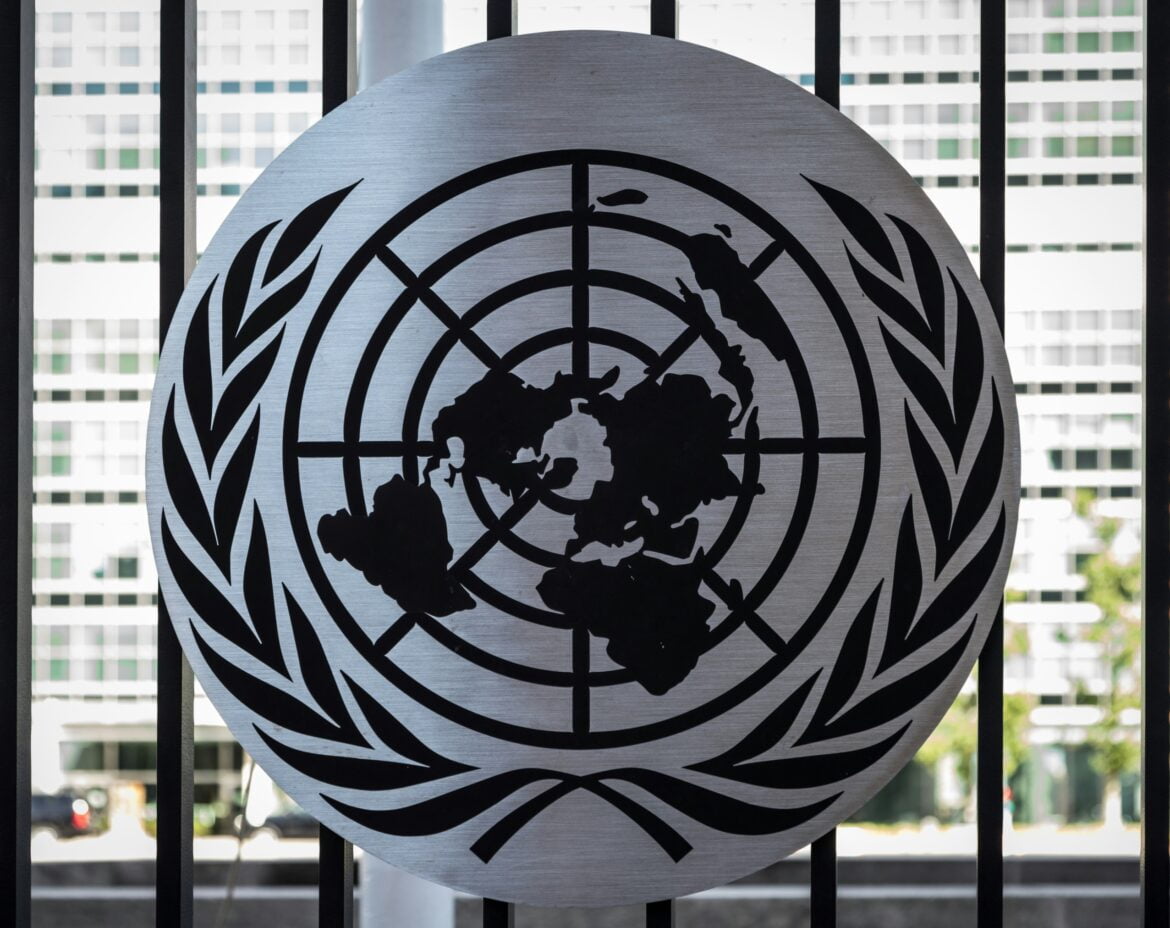Almost 80 world leaders and Nobel Prize winners have condemned the removal of “fossil fuels” from the latest draft of the UN Pact for the Future.
In an open letter published ahead of the UN’s Summit of the Future, 77 former world leaders and Nobel laureates convey their “grave concern” over the document’s failure to “even mention” fossil fuels.
The Summit of the Future is a high-level UN meeting that, according to the UN, aims to “deliver a better present and safeguard the future” in what it called a “once-in-a-generation opportunity to enhance cooperation on critical challenges.”
The UN Pact will be at the centre of the summit, where it is set to be adopted.
Omission of Fossil Fuels a “Stark Failure”
In the lead-up to COP29, the draft of the non-binding UN Pact excludes two words: fossil fuels.
A previous draft of the Pact contained text on accelerating the transition away from fossil fuels, which aligned with the outcome of the COP28 climate talks at the end of last year—that said, even the zero draft was called “somewhat unambitious.”
Now, instead of including text on the fossil fuel phase-out, the latest draft reads only: “We reaffirm the importance of accelerating action on the basis of the best available science, reflecting equity and the principle of common but differentiated responsibilities and respective capabilities, in the light of different national circumstances.”
In the open letter, which lists signatories such as the Former President of Ireland, Mary Robinson, Nobel Peace Prize winner Muhammad Yunus, the 14th Dalai Lama, and Former Prime Minister of Sweden, Stefan Löfven, the authors urge world leaders to “commit to a fast and fair transition away from fossil fuels.”
Löfven, President of the European Socialists, called the draft’s omission of fossil fuels a “stark failure to confront one of the greatest threats to our planet and humanity.”
“World leaders should be unequivocal when it comes to acting decisively and collectively to prevent further climate impacts, and instead, they are deciding to bury their heads in the sand,” said Löfven.
Fossil Fuels Primary Cause of Climate Crisis
The letter, published by The Fossil Fuel Non-Proliferation Treaty Initiative, outlines that the extraction and burning of fossil fuels is the primary cause of the climate crisis, which is driving increasingly devastating impacts for both people and the planet.
Indeed, according to the World Weather Attribution (WWA), the climate crisis has made severe droughts at least 100 times more likely—a figure which it said is a “conservative estimate.” It also made the “exceptional” and unprecedented drought in the Amazon River Basin 30 times more likely.
The open letter writes that the continuation of extracting and burning fossil fuels also undermines all 17 Sustainable Development Goals. Indeed, earlier this year, it was found that the vast majority of SDG targets are off-track, with progress many of the targets either stagnating or reversing.
Yet, the exploration, extraction, and burning of fossil fuels continue to surge.
Analysis of global industry data by the International Institute for Sustainable Development (IISD) published last month warned that resources discovered in 2024 threaten to unleash 12 billion tonnes of CO2 if fully exploited. This, it said, is more than the past four years of discoveries combined.
Meanwhile, in its annual review of world energy, the Energy Institute found that last year, the world also saw record-high consumption of fossil fuels.
International Cooperation Required to Turn Tide
Against this backdrop, the open letter calls for “unprecedented levels of international cooperation,” with nations working together to end the expansion of oil, gas and coal “in line with the scientific and economic consensus.”
The authors write that nations must now negotiate equitable phase-out timelines to complement and implement the Paris Agreement and scale the finance required to ensure that “every country, community and worker” can transition to a future of prosperity without fossil fuels.
Indeed, globally, the climate finance gap is in the trillions, with estimates putting the mitigation finance figure at $8 trillion annually, rising to US$10 trillion in 2030.
“We call on the United Nations to ensure that the Pact for the Future includes robust commitments to manage and finance a fast and fair global transition away from coal, oil and gas extraction in line with the 1.5ºC limit agreed to by nations in the Paris Agreement,” the authors of the open letter write, adding that if the Summit of the Future fails to address the threat of fossil fuels, it will “not be worthy of its name.”
One of the signatories, Jody Williams, a human rights activist and Nobel Peace Prize winner, said that omission reveals a “dangerous ongoing complacency.”
“Governments must heed our call to action and ensure that their global commitments respond to the reality of the climate emergency: unless fossil fuels are tackled, there is no future to safeguard,” added Williams.
Back in May, Human Rights Watch (HRW) also launched a call for the UN Pact to be revised.
In a statement, HRW said that while many governments recognise the importance of sustainable development, they “often ignore that human rights are key to achieving this goal.”
“Instead of standing by while governments trample on human rights, or selectively condemning abuses by their adversaries while ignoring those of their friends, UN member countries should commit to ending repression wherever it occurs and improving everyone’s lives,” said Louis Charbonneau, UN director at Human Rights Watch.
The Summit of the Future will take place in New York from 22 to 23 September 2024, ahead of COP29, which will be held in Baku, Azerbaijan, in November.



